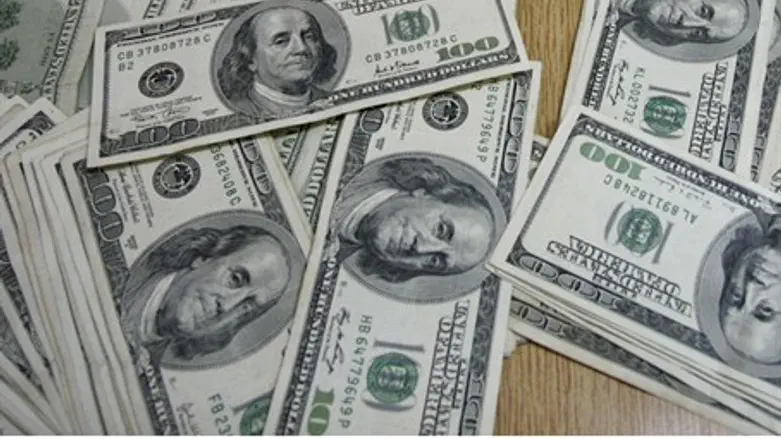
At least 35% of the activity in legal money-changing outlets in Israel are involved in money-laundering, the Finance Ministry believes. Many of the outlets do not report all of their transactions, leading to the Ministry to suspect that the reason those deals are not reported is to hide them from tax authorities.
The figure was provided by the Ministry as part of a letter accompanying a law that the Ministry is promoting that would allow criminal prosecution of businesses and individuals caught making such deals. Currently, such offenses are considered civil offenses, punishable by fines, suspension of licenses, etc.
Failure to report transactions of a certain amount (usually NIS 50,000 and above) by banks and other institutions, are generally subject to money-laundering criminal strictures. Money-changing is the one area where such penalties do not apply, the Ministry said, and it was important to close up that “hole.”
“This change is necessary based on the figures that have been collected on tax evasion and money-laundering, as part of our efforts to battle unreported income,” the Ministry said in its letter. “Since 2010, 310 of the 2,400 cases of tax evasion prosecuted have involved using the services of money changers.”